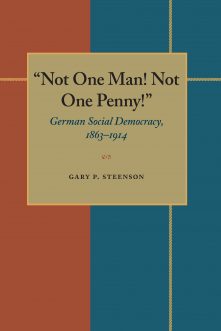Political Science / Political Ideologies / Communism, Post-Communism & Socialism

Paths for Cuba
Reforming Communism in Comparative Perspective
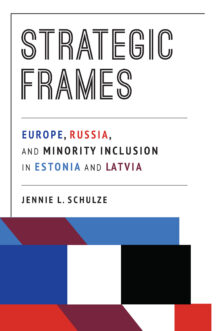
Strategic Frames
Europe, Russia, and Minority Inclusion in Estonia and Latvia
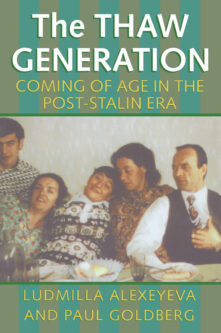
The Thaw Generation
Coming of Age in the Post-Stalin Era
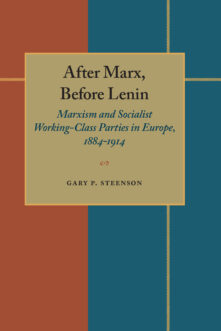
After Marx, Before Lenin
Marxism and Socialist Working-Class Parties in Europe, 1884-1914
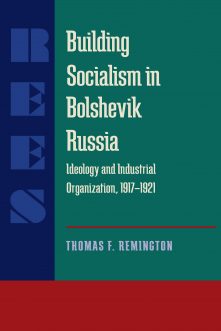
Building Socialism in Bolshevik Russia
Ideology and Industrial Organization, 1917-1921
Total 6 results found.


